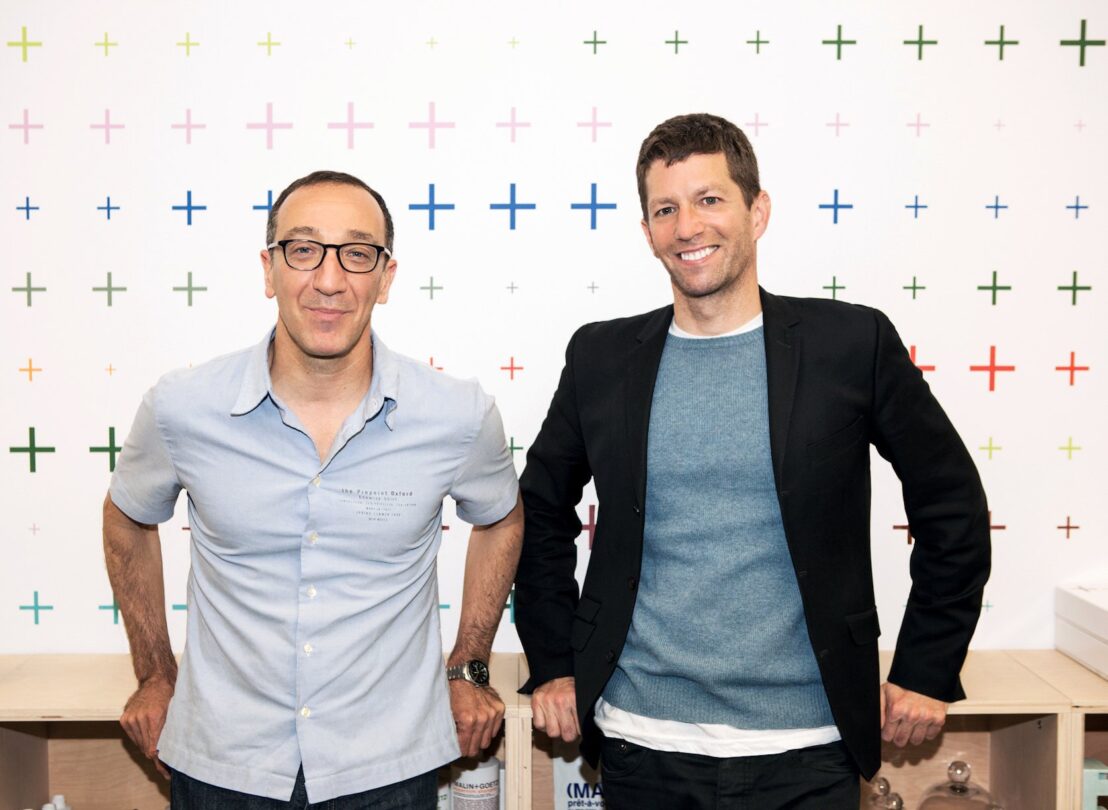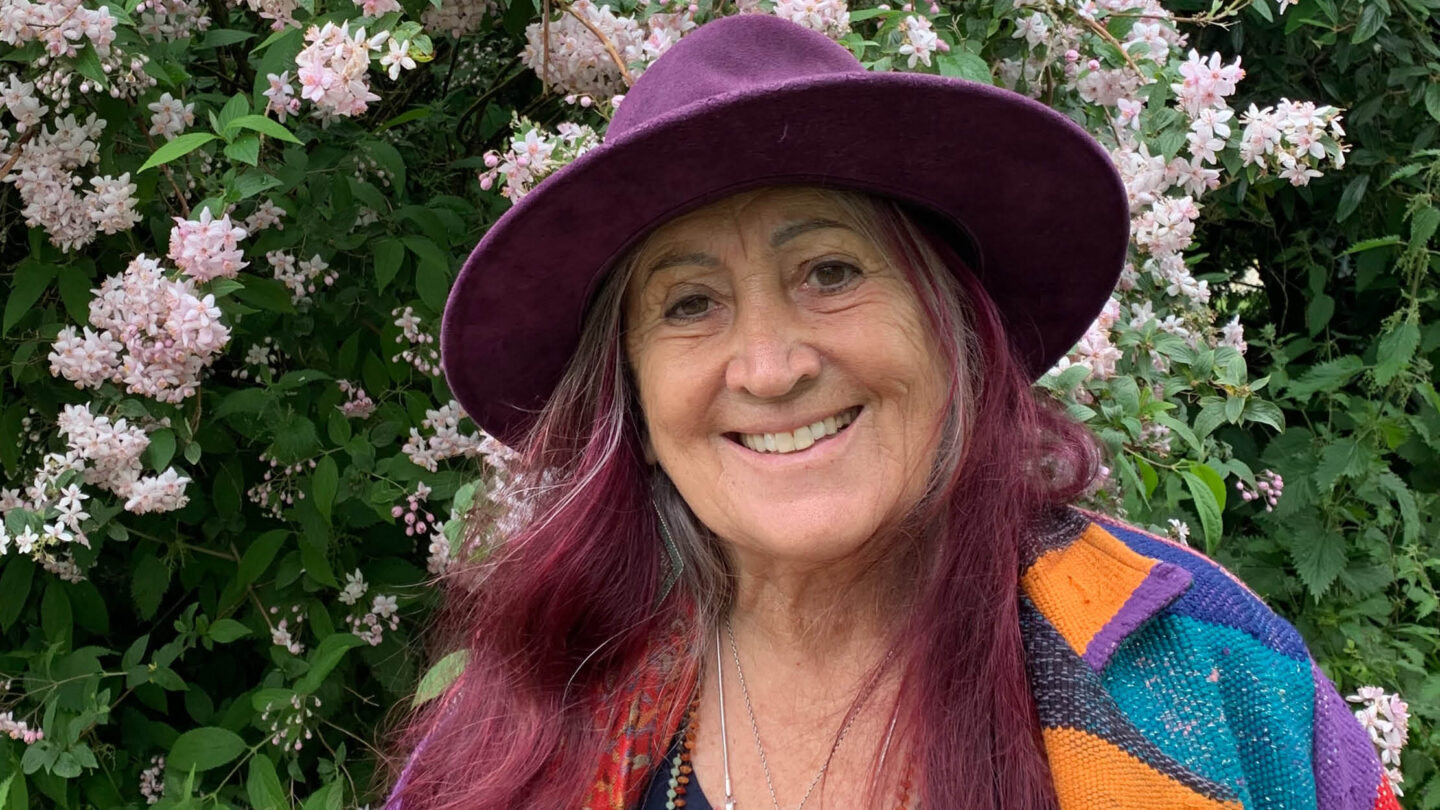Strategy, Legal & Operations
My better half: How the co-founders behind skincare empire Malin+Goetz find work-life balance

Rewind the clock back to the mid-’90s and Matthew Malin and Andrew Goetz were a new couple climbing the corporate ladder in their respective industries of beauty and design. Malin cut his teeth with Kiehl’s and Goetz with Vitra, a Swiss furniture designer, but in the early 2000s they got the idea to go into business together.
“I felt like there was an opportunity to do something modern and fill a niche in the beauty marketplace,” remembers Goetz. “We could blend my background in design and provide simple skincare solutions for people of all skin types.”
Malin listened, but was resistant. He worried about a business getting between his personal relationship with Goetz. Instead, he decided to spend the next two years helping Prada develop its beauty division, but when that didn’t work out, he revisited Goetz’s initial concept.
“I was 34 and had the epiphany of, ‘If not now, when?'” Malin says. “Andrew came from a family of entrepreneurs, so he was determined and confident. I remember our last argument involved him asking me something like, “Who can you trust more?’ and I knew then that it was worth giving it a try.”
Diving in
In March 2004—after quitting their jobs and working on a business plan for the better part of 18 months—the pair opened the first Malin+Goetz, a brick and mortar, modern-day apothecary in New York City’s Chelsea neighborhood.
Role delineation was established on day one. With his beauty background, Malin assumed the job of CEO and led the charge around product development. Goetz, as president, managed all design decisions, from the formation of stores to packaging. Having complementary skills helped the pair build trust and decrease potential conflicts.
Conflict still arose, of course, but because of role separation, arguments were usually about non-critical topics and resolved quickly. Still, even today, with nine stand-alone locations across the globe and a robust wholesale and e-commerce business, Goetz says they still have some squabbles.
“We can disagree on everything from press releases to copy on our packaging,” Goetz says. “But they are usually resolved by the person who feels the most strongly about the topic. Ultimately, for big things, our goals are the same.”
Striking a work-life balance
Back in the early days of the business, the couple says boundaries between work and their personal life weren’t important. In fact, Goetz says, the lack of boundaries was a positive thing because it helped fuel the business and infuse it with a constant stream of new ideas.
But as they approached their sixth year in business, Malin says the pair was simply exhausted.
“We had been working seven days a week for five-plus years and needed separation from the business,” he says. “We’d saved some money and decided to buy a weekend house in the Hudson Valley to separate us from New York City and obligate ourselves to two days off per week. It was hugely helpful.”
“In the past few years, I will work from there on Fridays, giving us a day apart,” Malin continues. “Also, Andrew [Goetz] has a no-phones rule for dinner, so that helps us with boundaries, too.”
Advice to other entrepreneurs?
When two people are looking to start a business they are wise to consider industries that complement their respective experiences, according to Goetz. “We both entered worlds that we already understood, which was hugely beneficial,” he says.
Taking the time to write a well-thought-out business plan is also of utmost importance, advises Malin. “Spend time thinking through the details and researching. We did that and it was tremendously helpful because it provided a roadmap for exactly what we wanted to do.”







Ask the author a question or share your advice